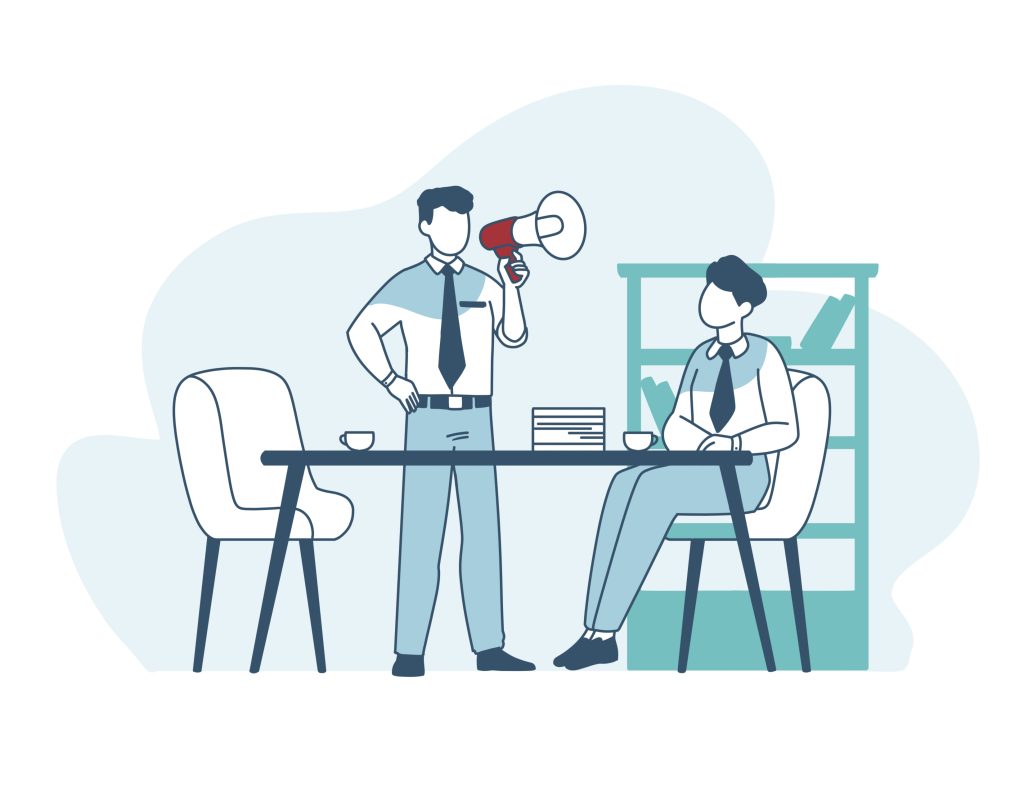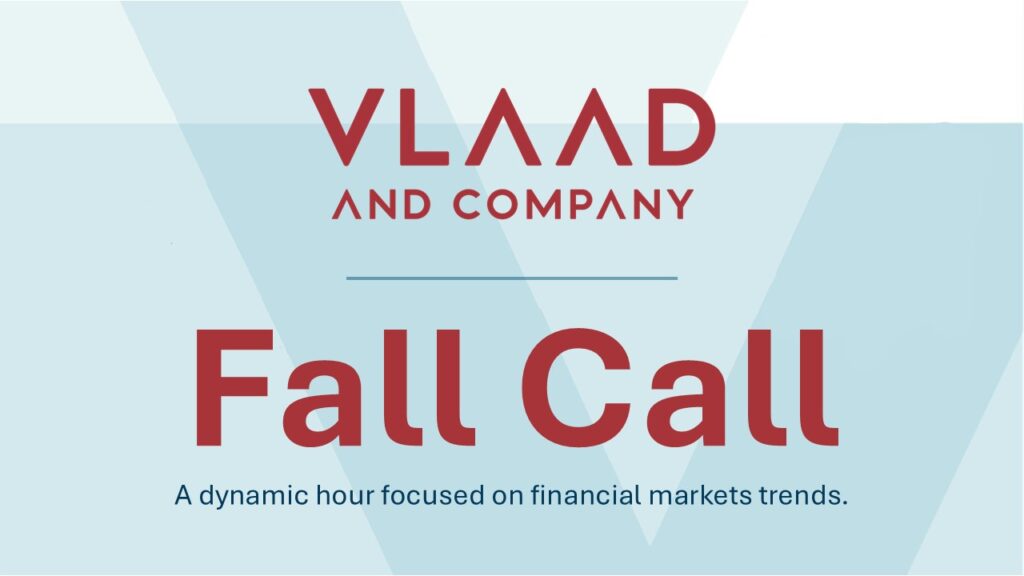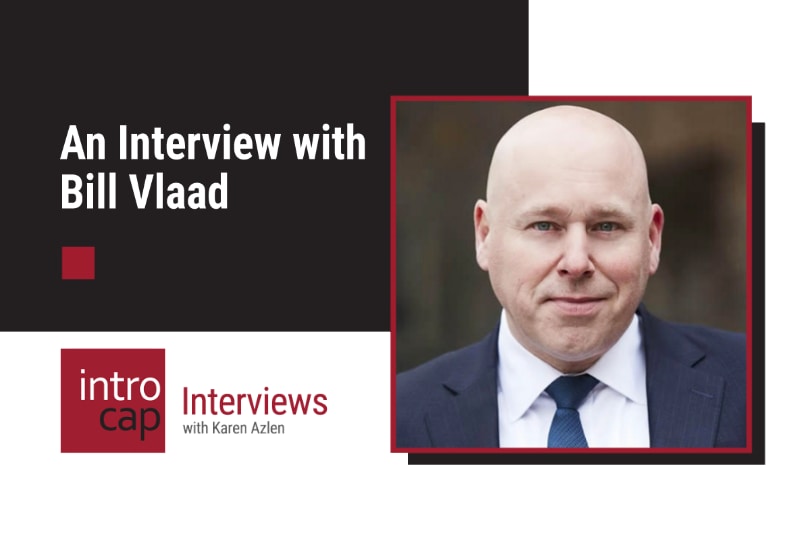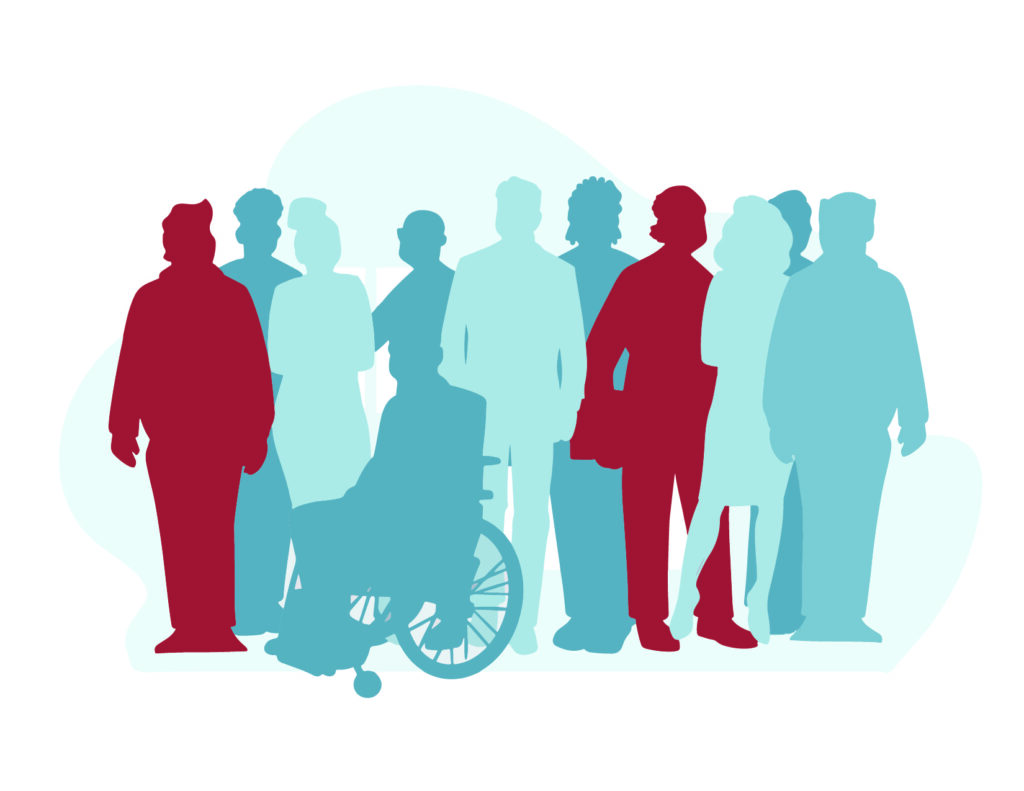It’s a process
The interview process is normally a series of interactions between yourself and the potential employer. It involves every encounter along the way, including emails, referrals, phone calls, coffee get-togethers, and more formal interviews. This means you are on display throughout – your attitude, confidence and composure at each stage contribute to the impression you make. But it also means that you can use these interactions for different purposes, to help you in information gathering and in assessing your own cultural fit. And where there is a recruiter involved, you can benefit from their input at each stage.
It’s not about you
The employer initiates a hiring process because they have a particular spot to fill. It’s not about your needs, unless yours happen to coincide with the employer’s. So, the first objective is to understand what the job opportunity entails – something that only comes from active listening. Demonstrate your interest by being fully present in the conversation, ask open-ended questions, paraphrase and reflect back what you’ve heard, and withhold judgement. Again, it’s a process, and the earlier interview stages are the best times to learn all you can about whether the job is right for you and how you can cater your responses to the employer’s needs.
Keep yourself focused
You’ve done many impressive things in your career but some are not relevant here. Once you know what the employer is looking for, you can afford to be brief and concentrate on your skills and experience that fit the opportunity. Be cognizant of time and focus on what you need to deliver.
Being focused means being prepared. Research the company and the job, but also your own history. Be ready to explain how your specific experience matters and what you’ve learned. What deals or assignments can you point to? How did these prepare you to step in and help the employer?
Don’t be afraid of dead air. Take time to formulate your answers or to regroup. But don’t keep talking just to fill the space or try to take over the interview. And when you’re finished answering a question, stop talking. If that results in dead air, it’s not on you.
Show a positive vibe
Interviewers like glass-half-full individuals who are upbeat and optimistic. You can show your enthusiasm with positive responses, but also with questions about the opportunity that demonstrate your interest. If you’re showing reservations about the job, it’s a clear sign that you’re not a fit. The same goes for talking about the next steps in your career if they don’t relate to the current position.
Avoid risks and red flags
It may be a Canadian thing, but employers are often concerned with limiting their exposure when considering a new hire. Try to anticipate your own weaknesses, such as gaps in your resume, and volunteer information to address them. Avoid providing strong opinions on matters that aren’t being raised, as you may inadvertently wander into a minefield. When you are asked for your views, answer frankly, backing up your position. But honest differences of opinion are normal and you can’t expect to be all things to all people.
Take guidance from your recruiter
A recruiter wants to know whether you are a good fit for the opportunity, so they have an interest in making sure you are well informed about the company and the job. And if they believe the fit is a good one, they’ll also want you to have the chance to put your best foot forward. A good recruiter will know the steps in the process, the personalities involved and how best to satisfy the criteria for the job.
The job interview is a process – not a simple interaction. But with the right preparation, focus, attitude and guidance from your recruiter, you can nail it!



